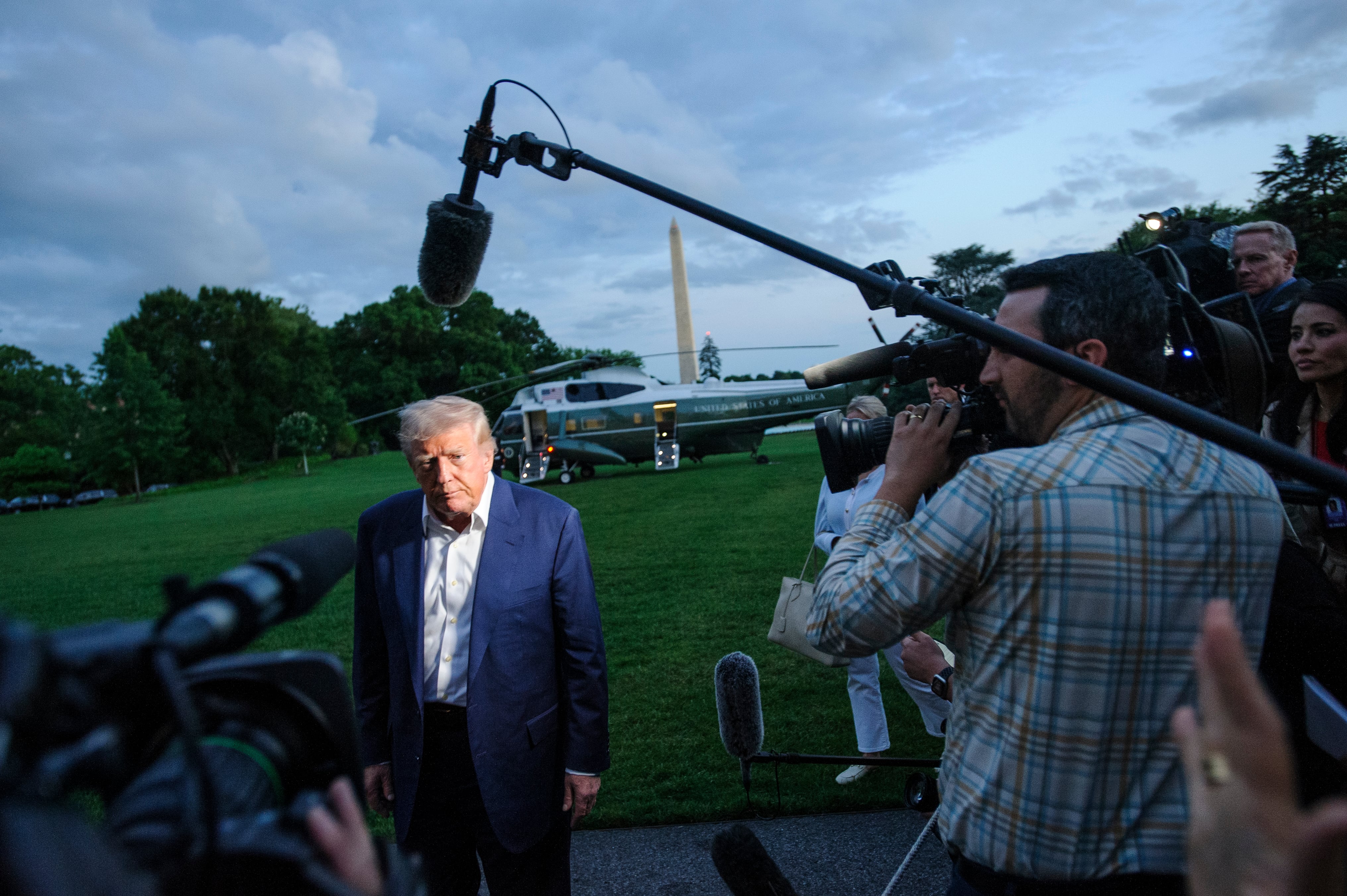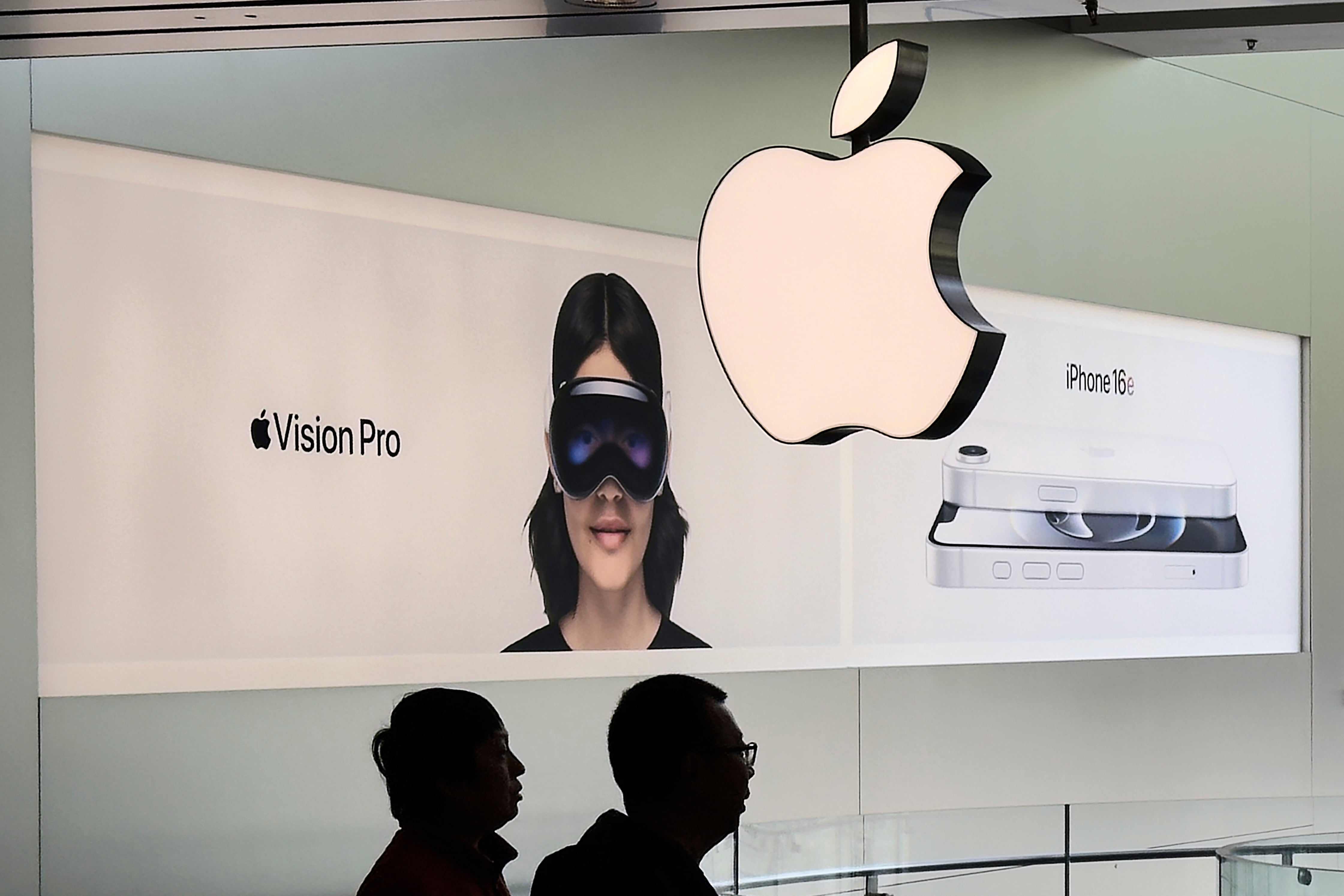As some states have recently enacted further restrictions on abortion rights, women's health care startup Pill Club — a company that sells birth control subscriptions via telemedicine — is trying to fill a gap in service at a time when women need help the most.
The company has announced that it is donating 5,000 units of the generic version of Plan B for women in need as part of a collaboration with the nonprofit Power to Decide. The pills are a form of emergency contraception taken immediately after sex.
"I think there's a real need and an increased role for the private sector to really be able to help," Nick Chang, the CEO and co-founder of Pill Club, told Cheddar.
"If a number of public companies and nonprofits are facing restricted funds, or are facing headwinds, this is the right moment for private sector companies to be able to help out."
The company has also promised to match up to $10,000 in donations to the partnering nonprofit's contraceptive access fund.
2019 saw several states drastically restrict abortion rights. Amnesty International reports that 42 restrictions on abortions were enacted in the first half of the year. Five states — Georgia, Ohio, Alabama, Kentucky, and Mississippi — have passed so-called 'heartbeat' bills, which would ban abortion about two weeks after a woman first misses her period due to pregnancy.
"Our ability to serve women in these states is only becoming an increasingly important dynamic," Chang said.
Chang says the company doubled in size this year, and that demand has increased in the regions most impacted by recent restrictions on abortion.












